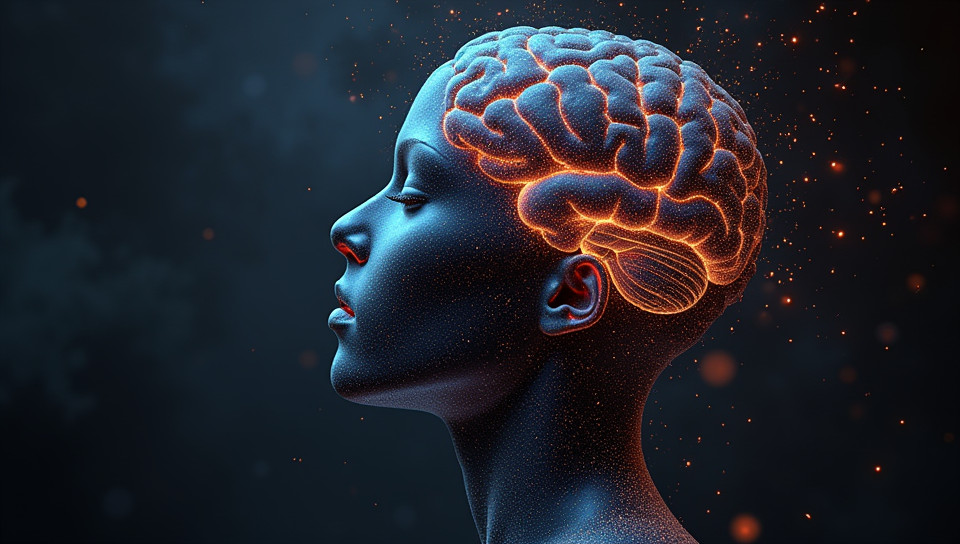Music cognition research neglects cognitive processes 85%

The Silent Gap in Music Cognition Research
Imagine being able to predict how people will react to different types of music, or understanding what cognitive processes are at play when we experience the emotions and memories associated with our favorite songs. While music cognition research has made significant strides in recent years, it still falls short in one critical area: cognitive processes.
The Current State of Music Cognition Research
Music cognition is a multidisciplinary field that seeks to understand how we process and perceive music. Researchers have explored various aspects of music cognition, including musical perception, memory, emotion, and production. However, despite the wealth of knowledge gained in these areas, research often neglects the cognitive processes that underlie our experiences with music.
The Neglect of Cognitive Processes
Cognitive processes, such as attention, working memory, and decision-making, are essential components of music cognition. Yet, they are frequently overlooked or oversimplified in music cognition research. This neglect has significant implications for our understanding of how people interact with music, and how we can design more effective music-based interventions.
The Consequences of Neglecting Cognitive Processes
- Lack of consideration for individual differences: By ignoring cognitive processes, researchers may overlook the unique experiences and abilities of different individuals.
- Limited generalizability: Studies that fail to account for cognitive processes may not be applicable to real-world situations, where people are faced with complex musical stimuli.
- Missed opportunities for innovation: Understanding cognitive processes can inform the development of new music-based interventions, such as music therapy programs or music education curricula.
The Way Forward
To address these limitations, researchers must incorporate cognitive processes into their studies of music cognition. This will require collaboration between musicologists, psychologists, and neuroscientists to develop a more comprehensive understanding of how people interact with music. By doing so, we can unlock new insights into the complexities of music cognition and create more effective applications of music in various fields.
Conclusion
Music cognition research has made significant progress in recent years, but it is time to take the next step: integrating cognitive processes into our understanding of music perception, memory, emotion, and production. By doing so, we can gain a deeper understanding of how people experience and interact with music, and develop more effective music-based interventions that benefit individuals and society as a whole.
- Created by: Aline Rocha
- Created at: Nov. 15, 2024, 1:51 p.m.
- ID: 15995









